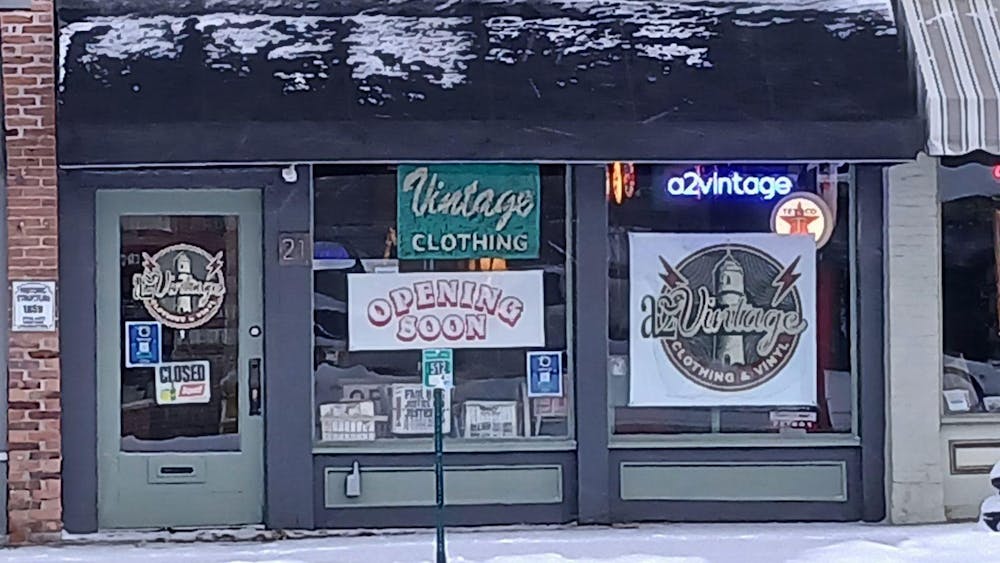The 24-hour news cycle circus is a great example of American idiocy. A cat on jet-skis juggling flaming chainsaws is not, and never will be, news. MSNBC has gone wide left, Fox News is pulling right, and CNN isn’t even in the stadium anymore. They’re somewhere between letters Z and AA in the back parking lot.
Twenty-three companies control the majority of mass communications in this country, which includes television, radio, print, telecommunications and the Internet. Through buyouts, acquisitions and takeovers, the American mass media industry is a multi-billion dollar juggernaut.
With so much money up for grabs, how can the media still be thought of as a fourth estate set to accurately inform the people about its government? Talk about some conflicts of interest.
The media and the government walk a fine line together. They need each other. The media needs access to officials, documents, reports, and insights into government doings to report on them, while the government needs the media to disseminate the information as it sees fit. In an ever-demanding market of news, the simple idea of access to information for a newsperson is vital for not only their story, but to their career as well.
When their access is threatened, is it not in the best interest of the newsperson to do what the government demands?
There is a disturbing trend concerning the Obama administration highlighted in passing during a recent segment on CNN. CNN’s Carol Costello said, “President Obama’s people can be quite nasty. They don’t like you to say anything bad about their boss and they’re not afraid to use whatever means they have at hand to stop you from doing that, including threatening your job.”
Besides the fact that the Obama administration reportedly becomes hostile when the media does not favorably report on the President, just the notion that the administration believes it has the authority to openly threaten a reporter’s job is sickening.
However, the administration does hold the keys to many of the doors reporters need to open.
The media and the U.S. government have worked together before. When The Guardian began to release reports on the documents they obtained from then NSA contractor Edward Snowden regarding massive NSA surveillance, the U.S. government appeared blindsided by the allegations. Janine Gibson, editor-in-chief of The Guardian US, says otherwise.
When asked in an interview by Charlie Rose if she thought the national security of the U.S. had been damaged, Gibson said, “I do not and we have consulted with the authorities about everything we have published – the NSA and the White House.”
It’s been suspected that the media and government work closely together. Snowden didn’t approach The New York Times with his NSA documents because The New York Times had shelved a warrantless wiretapping story for a year at the request of the U.S. government.
At what point does the media become a PR machine for the government?
This creates a conundrum for the American people. News is vital to a democracy, yet as the 21st century rolls on the interlacing of the media and government is becoming more intricate. Corporations and people have agendas and the key to being truly informed is to find a news source with no agenda. More importantly, get your news from multiple sources. That is key to staying informed.








